Understanding Female Infertility: Finding the Best Treatment in McKinney, Texas
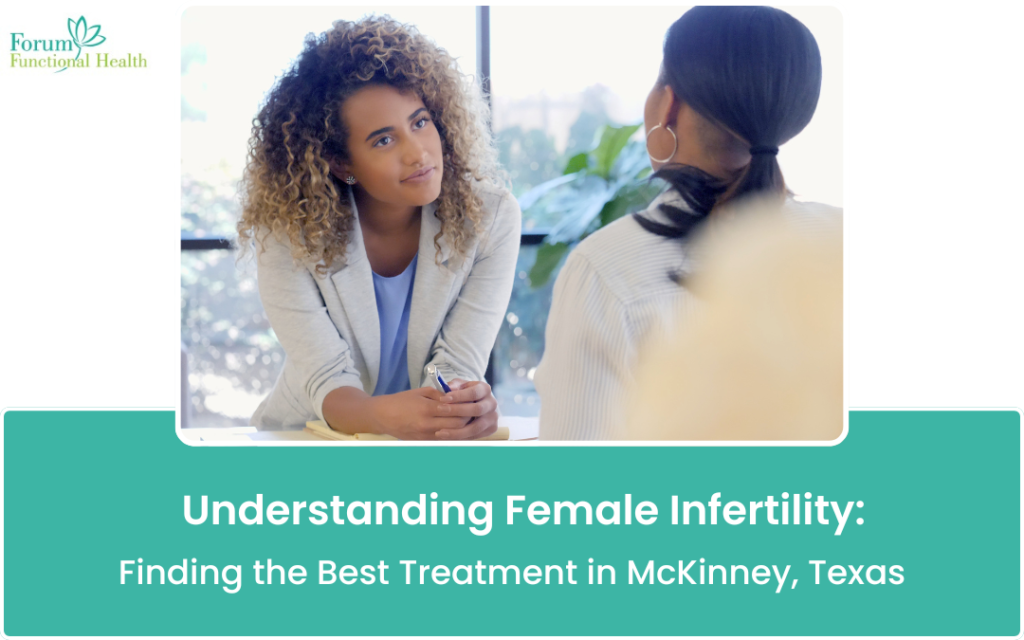
Female infertility is a sensitive and challenging issue affecting many women worldwide. For those in McKinney, Texas, finding the right treatment and support can make all the difference. This article aims to provide an informative and engaging look at female infertility and highlight where to find the best infertility treatment in McKinney. What is Female […]
Why does PCOS Cause Infertility?
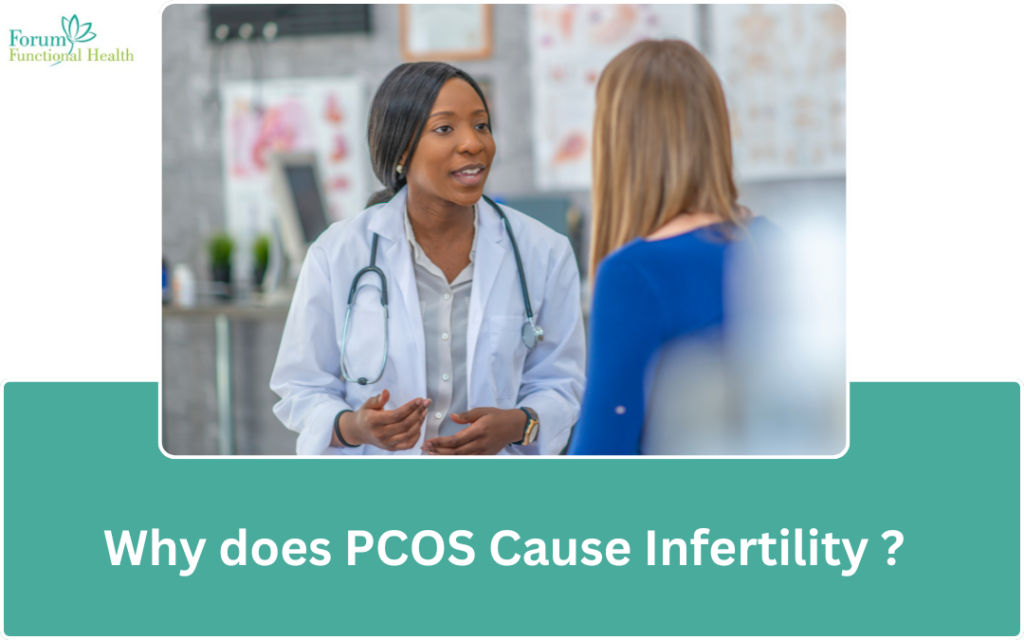
Polycystic Ovary Syndrome (PCOS) is a prevalent endocrine disorder affecting millions of women worldwide. Among its myriad of symptoms, infertility stands out as one of the most distressing and challenging aspects for those affected. Understanding why PCOS often leads to infertility is crucial not only for those grappling with the condition but also for healthcare […]
How Diet and Nutrition Can Impact Women’s Fertility
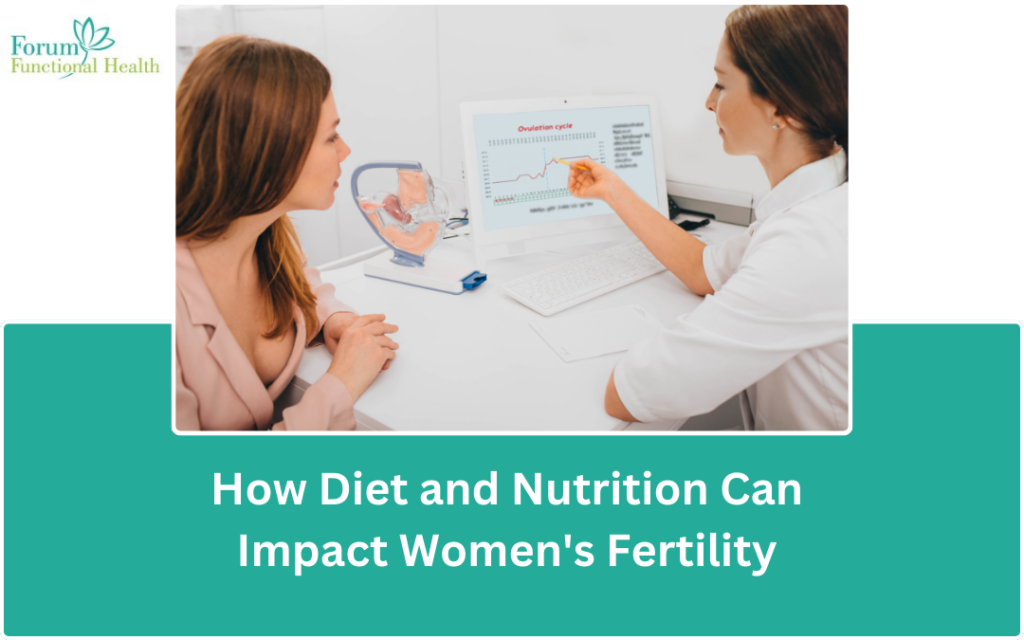
In the journey toward parenthood, understanding the intricate relationship between diet, nutrition, and fertility is paramount. The choices we make in our daily dietary habits can significantly influence women’s fertility. By delving into how diet and nutrition intersect with fertility, we unveil a pathway toward optimizing reproductive health and increasing the likelihood of conception. Nourishing […]
Understanding the Influence of Mental Health on Infertility Challenges
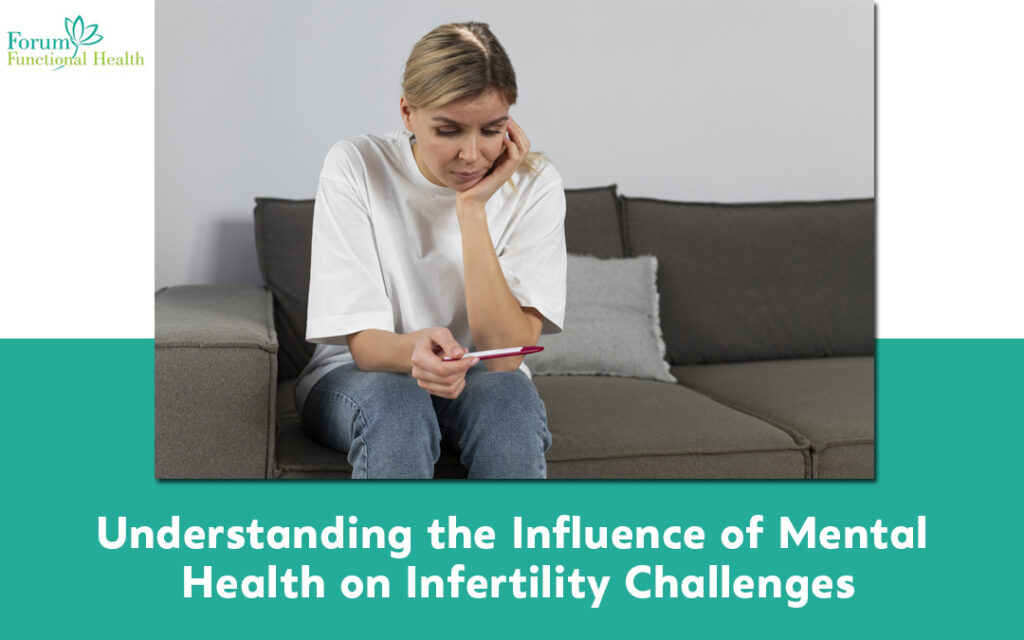
Infertility is a deeply personal and often misunderstood issue that affects millions of people worldwide. While the physical aspects of infertility are well-documented, the role of mental health in this journey is equally significant yet frequently overlooked. In this blog, we will delve into the impact of mental health on infertility challenges, shedding light on […]
Debunked: Top 5 Infertility Myths That Need to Stop Right Now

Infertility is a deeply personal and often misunderstood issue that affects countless individuals and couples around the world. Unfortunately, there are several myths and misconceptions surrounding infertility that only serve to add to the emotional burden. It is crucial to debunk these myths and separate fact from fiction in order to provide accurate information and […]
Understanding the Facts: How Endometriosis Influences Infertility
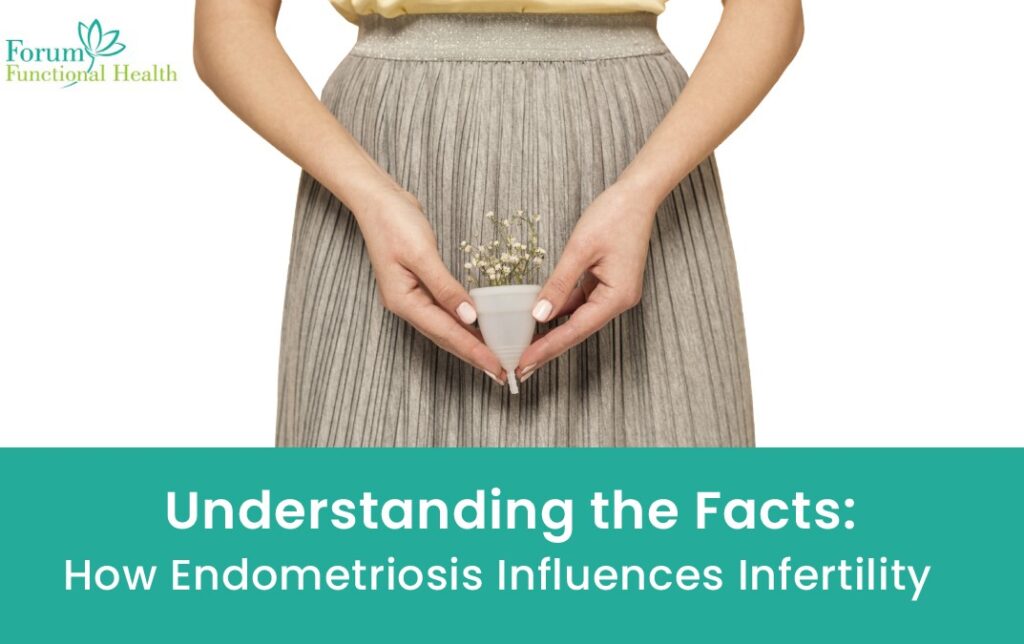
Overview of Endometriosis and Infertility Endometriosis is a common gynecological condition that affects millions of women worldwide. It occurs when the tissue lining the uterus, known as the endometrium, starts growing outside of the uterus. This can cause severe pain, inflammation, and sometimes infertility. In fact, endometriosis is one of the leading causes of infertility […]
Infertility: Treatment, Symptoms, Causes, Diagnosis, and Prevention
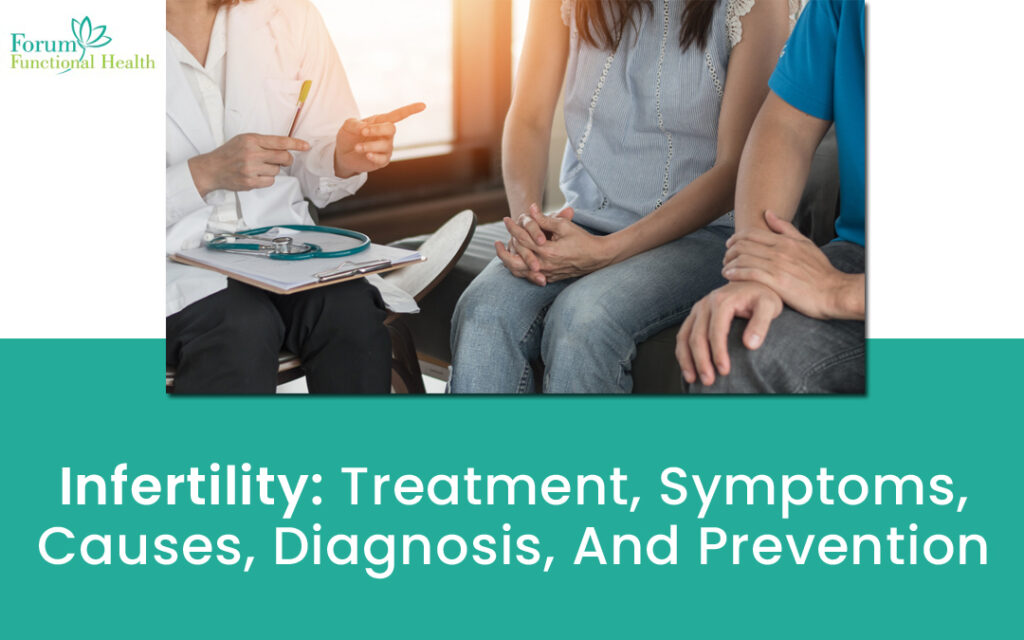
Infertility has become a prevalent concern in contemporary times, affecting individuals of all genders. If you find yourself grappling with fertility issues, rest assured that you are not alone. Statistics reveal that one in eight couples worldwide faces challenges when attempting to conceive or sustain a pregnancy to term. While infertility is a widespread occurrence, […]
